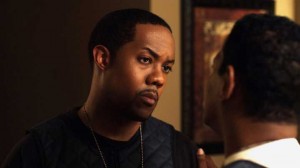 Our website regularly features local professionals in a blog series called proTALK, asking our peer group to share not only tips and thoughts on the business, but personal anecdotes about their own life experiences and how it relates to what they do. Our hope is to inspire and give unique insight to a new generation of professionals based on our experiences.This is proTALK.
Our website regularly features local professionals in a blog series called proTALK, asking our peer group to share not only tips and thoughts on the business, but personal anecdotes about their own life experiences and how it relates to what they do. Our hope is to inspire and give unique insight to a new generation of professionals based on our experiences.This is proTALK.
proTALK: We’ve gotten some great insight from a lot of behind the scenes professionals, editors, directors, photographers, graphic artists, how about showing some love for the talent in front of the camera? This week’s proTALK we’re focusing on a very versatile talent; actor and host in front of the lens, location manager, production coordinator behind the lens. Let’s chat with gentleman extraordinaire David Leonard and how he got started.
proTALK: We mention your behind the lens work but you have quite an impressive list of screen credits, (IMDB). How did you get your start? Or more importantly, how did the acting bug bite you?
I actually got started in acting at a very young age because my mother was an accomplished playwright so I practically grew up in and around the theater. Back in Harvey, IL where I grew up, she put together a teen theater group that I was a member of called H.O.T.T. (Harvey’s Own Teen Theater) and that was my first foray into acting. We performed several stage plays locally at different schools. It honestly started as a hobby at first, but I always knew it was something I wanted to pursue further. I was kind of a shy kid, but being on stage always seemed to break me out of my shell.
proTALK: The life of an actor is a difficult one yet rewarding as it is with any profession. How do you balance both types of behind the scenes / acting gigs?
It is indeed a challenge because my behind the scenes work pays the bills and does not always allow for me to take on acting gigs consistently, but it does occasionally present the opportunity for me to marry the two. In other words, staying active behind the scenes keeps me abreast of audition opportunities on other shows and productions that may become available or vice versa. Whenever I’m between jobs, I take advantage of that time off and either take an acting class or audition for everything I can. There’s always that fine line between “having a life” and “making a living”.
proTALK: There has been a recent boom in local productions, have you had your share of work in these productions? and can you name some of your favorites?
I’ve had the privilege to work on some really cool television shows and feature films that have shot here in Chicago, mostly doing locations work. Most recently, I worked on the pilot for the new FOX series “Empire” which was a lot of fun and I’m pretty excited about it. “Divergent” was another really fun project simply because of all the huge set pieces and the fanfare and buzz around the book series. That was the first time I had been on a big budget, long term shoot from start to finish and it was really cool to be a part of, not to mention it was a great look for the city. The short lived “Boss” series was another favorite. It was such a great show and the cast and crew were amazing to work with.
proTALK: Growing up, who influenced you and encouraged you to follow your dreams? Talk about how important that advice was.
I was fortunate to grow up with both of my parents who always supported me and taught me to believe in myself and to pursue my goals. I inherited my creative spirit from my mom without question. Watching her create stories effortlessly from an idea to a finished script or stage production inspired me quite a bit. Watching some of the success she had helped me to step out and take chances as far as acting goes. She would take me out on commercial and film auditions when I was a kid, but she was never a “stage mom”. She didn’t force me to do anything I didn’t feel comfortable doing. I’ll never forget when I was young she took me to an audition for the Richard Pryor biopic “Jo Jo Dancer, Your Life Is Calling” and I read for the part to play Richard as a kid. I had a bad case of nerves and I wasn’t totally comfortable with some of the language in the script so I clammed up and wouldn’t audition. She didn’t scold me or make me feel bad…she basically told me “whatever you want to do, I will support you and if you don’t feel right about this, don’t go against your judgement…there will be other opportunities”.
proTALK: What type of advice would you give young actors now a days?
Always perfect your craft. None of us know it all, so what does it hurt to continue learning? I’ve heard some actors say “Oh I don’t need to take classes or I don’t need theater training”…Those are tools that are only going to enhance your ability to deliver effectively on screen, so I think you’re doing yourself an injustice if you think you don’t need those things. The other thing I would advise young actors to do is to work on their brand in addition to their skills. “Everyone wants to act” or “Everyone wants to be a star” as they say, which is fine, but “Everyone” is not going to make it. I think in order to sustain as an actor and make yourself standout, you have to put in the work and create a name for yourself and expand your brand by not only being a talented actor, but being a talented actor who also can write and produce their own projects. It makes you a more valued asset in the business is you are more than just a “one trick pony”.
proTALK: How would you describe your acting ‘method’? Some actors ‘act, some ‘re-act’. What’s your style?
My acting style is really trying to live inside the characters I play. I’ve learned to not “act” so much especially when on screen because I want the character I’m playing to come across as real as possible. I try to create a mix of elements of my character traits and the character I’m playing. A lot of times I would start off reading a lot of characters sort of over the top like some theater productions call for when a project/character didn’t necessarily call for that, so I had to get out of that habit.
proTALK: What had been your most rewarding piece of work? Why?
There’s a lot of projects I’ve worked on that have been truly rewarding, but the one that I think changed me as a person and the way I approach acting was a stage production I played the lead in called “Jungle Kings”. I played a character named “Baby Cockroach” who was a street thug who had been locked up for a decade and was trying to convince a parole board that he finally had made a change in his life and deserved to be released. That character took me on an emotional rollercoaster and challenged me to a level I didn’t even think I could achieve as an actor. It taught me to get out of the mindset of always “acting” because it was a stage play and to “live” and “breathe” this character so that it came off real and actually affected the people watching it. I was already going through a rough point in my life at that time so I was able to pull some of that from experience. It was truly a life altering experience.
proTALK: When you read a part or script, can you envision the final product? How does the role change from the time you first get a script to the time it is being portrayed on screen?
I don’t think I’ve ever been able to envision what the final product is going to be when I read a script. I try not to put too much thought into it because I like to always keep my expectations low so that I’ll be pleasantly surprised when I do see the finished product. I’ve read some really good scripts that have gone far beyond my expectations once I see them on the screen and that’s due to a great cast, good direction and well executed post production. When I first get a script, I pick it apart and I make notes on how my character approaches each scene…subtle gestures they may make or how they may react to other dialogue in the script. When I get on set, those notes definitely change based on how the other characters react or what they may throw at me which is great because it makes the scenes more natural.
proTALK: Where do you see yourself in 5 or 10 years? What has been the most challenging part of being a working actor?
In 5 or 10 years, I see myself as a consistent working actor with a couple of my own productions under my belt. I kind of model myself after some Hollywood actors who may not be “A List” or “household names”, but they’re constantly working and have been for years. Getting to that stage in my career I think has been the most challenging part of being a working actor. Transforming your passion into your paycheck doesn’t happen overnight. You have to put in the work to make that happen.
proTALK: What is your take on the industry today? How has it changed now versus when you started?
Technology has made the biggest impact on the industry today without question…from the “internet stars” that have turned their 15 minutes of fame into a life of celebrity to the “reality TV stars” that become overnight Hollywood sensations. Some of it I think is good for the marketplace, but with so much content at people’s fingertips every second, I feel like the days of artists having longevity with the new generation are gradually becoming extinct. The upside to all of it is that the playing field is more level and so much new and untapped talent can get discovered without all of the red tape.
proTALK: As we perfect our craft we inevitably make some errors and learn from them in retrospect. What are some of the ‘learning’ experiences you’ve had that have made you a better artist?
Trusting myself and taking more risks is something I’ve had to learn how to do as an artist and in my personal life. When performing, an audience can tell when you’re on stage/camera and you’re thinking about the lines or how you want to deliver a line. I’ve had to learn how to let go and trust my instincts more as an actor. It’s something I continue to work on and perfect.
proTALK: In closing we want to say thank you for your time. Is there anything else you’d like to add?
Be on the lookout for a few upcoming films I’m in including “Uncovered”, “The Vulva Chronicles” and “Do You Love Me?” including a few that I’m slated to shoot such as “Goldie” and “Not Another Zombie Movie About The Living Dead”.
Follow me on Twitter @dcapreeyo
David Leonard
312-479-5498
http://www.imdb.com/name/nm0502603/

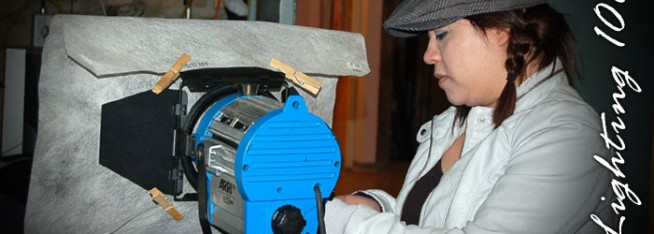
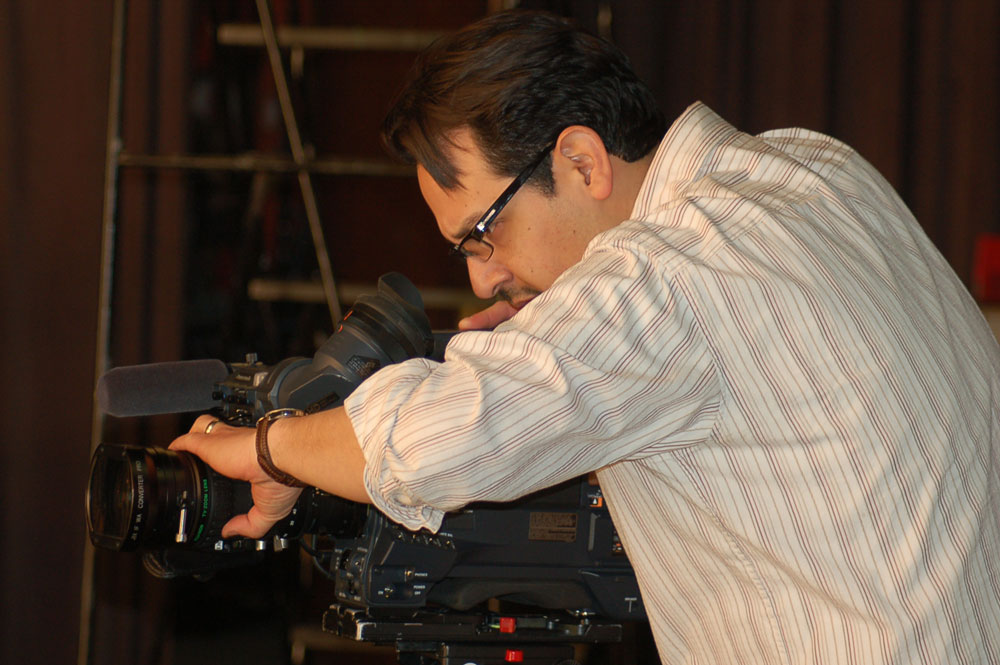
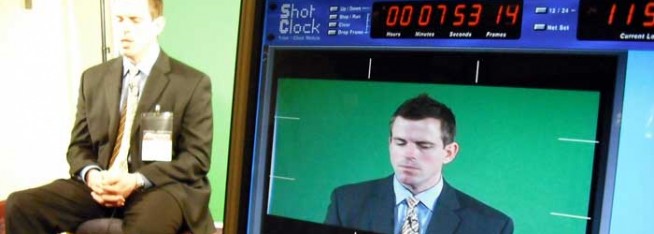
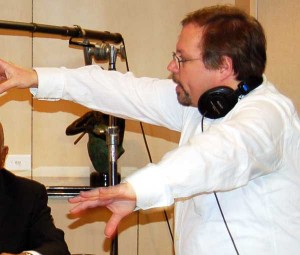
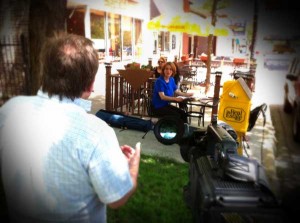


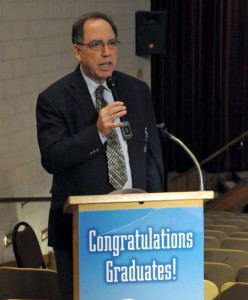
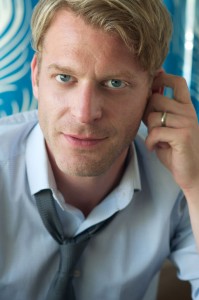
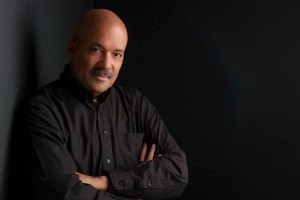
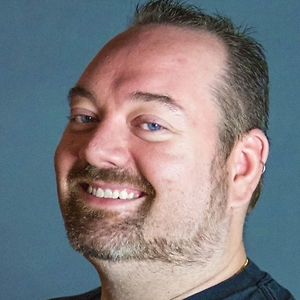

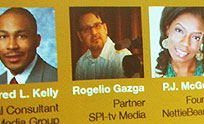



 In 2010, Travel Show host Katrina Wright from
In 2010, Travel Show host Katrina Wright from 
 Professional Media Creative Services since 1994
Professional Media Creative Services since 1994
We’re Very Social